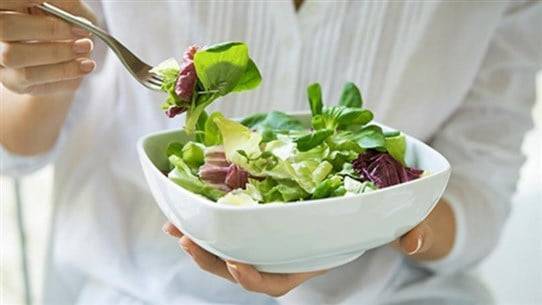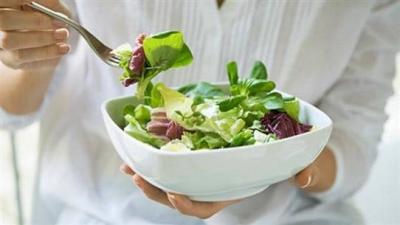Lebanese people have not yet closed the chapter on the COVID-19 pandemic to suddenly panic again over "cholera," with their main concern being what to eat and drink! Although many preventive measures have become familiar, when an outbreak occurs... there is no deterrent! Especially since the hospital situation is difficult, and people's financial capabilities are limited.
Dr. Asem Araji (former head of the parliamentary health committee) calls for not overreacting, stating: "In comparison to COVID-19, we were facing a new epidemic that spread rapidly across various countries around the world, and we did not have much information about it, which led to a large number of deaths globally. This situation lasted for two years until we learned more about the structure of this virus."
He adds in a conversation with "Akhbar Al-Yawm": "Cholera is not a new disease; we have sufficient information about it for a long time. Waves of it have affected many countries around the world over the past decades, and even today it is endemic in several countries, particularly poor ones in Africa and Afghanistan... Additionally, more than four million cases are reported globally each year, resulting in over 50,000 deaths."
In response to a question, Araji points out that cholera treatments are well-known and common, particularly through the use of serums for treating diarrhea alongside consuming available fluids at pharmacies to prevent dehydration.
In a related context, Araji warned about the rapid spread of cholera due to water and food contamination, lamenting the very poor water infrastructure in Lebanon, especially since most drinking water pumping stations are mostly non-operational. This forces people to rely on water from unreliable or unclean wells, which may be adjacent to sewage pits. He adds that pollution in several rivers, including the Litani, creates breeding grounds for cholera bacteria.
He emphasizes that preventive measures significantly help in limiting the spread of the disease and urges people to wash fruits and vegetables thoroughly. When asked about agricultural products that grow underground (such as potatoes, carrots, radishes, etc.), Araji highlights the possibility of consuming various types of fruits and vegetables as long as they are washed and disinfected well, by adding chlorine to household water and cooking well at high temperatures.
The "spark" of cholera originated from a Syrian refugee camp in Akkar, northern Lebanon, before spreading to adjacent towns, reaching the Arsal camps in northern Bekaa near the Lebanon-Syria border, as well as several areas in the Miniyeh-Danniyeh, Tripoli, Baalbek, Kesrouan, Zahle, Zgharta, and Baabda districts. The cumulative number of infections has reached 287, with 718 suspected cases reported, while the death toll reached 11 as of yesterday.




